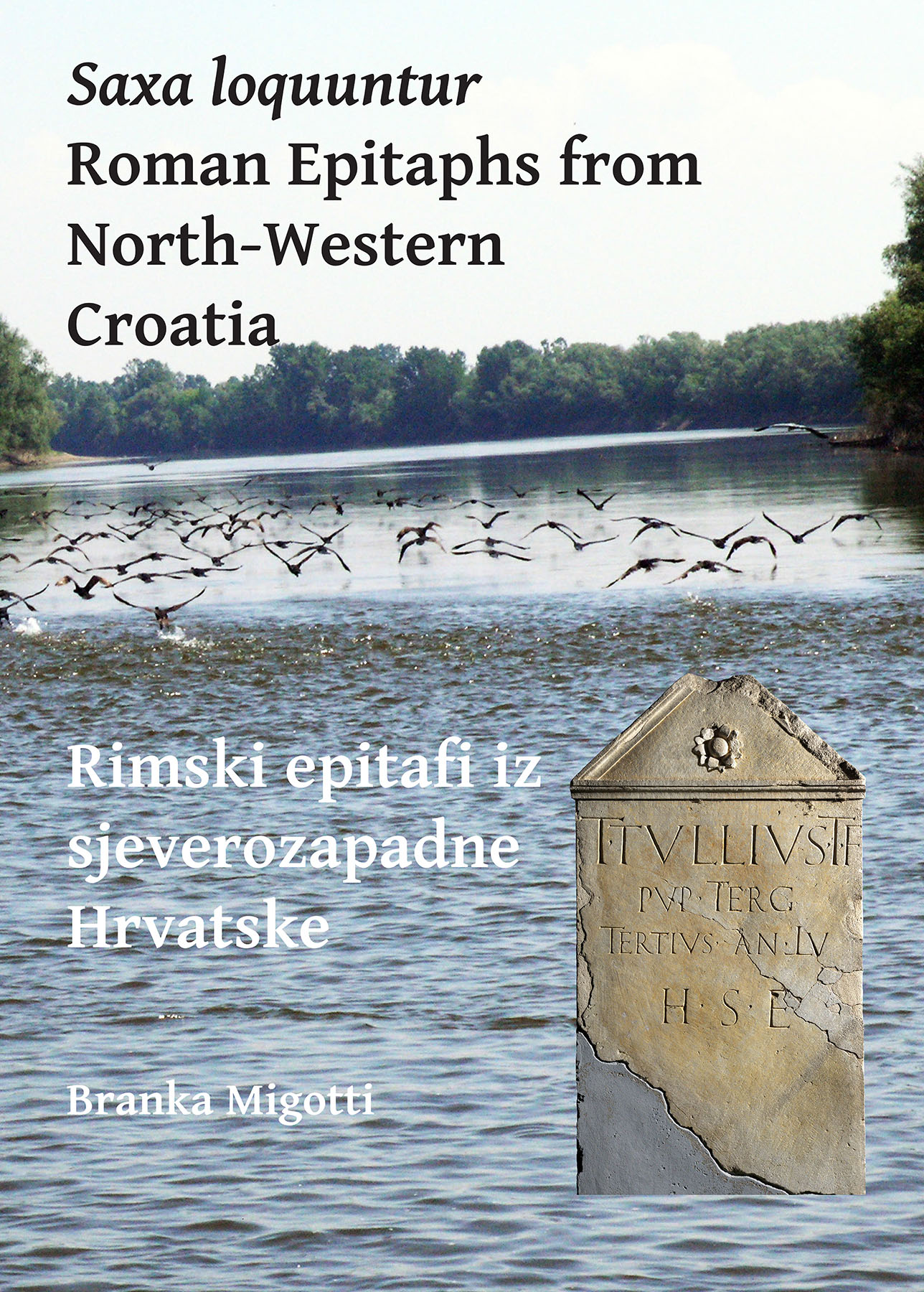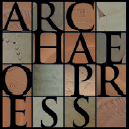
Publishing Scholarly Archaeology since 1997

Download Sample PDF
H 245 x W 175 mm
132 pages
Illustrated throughout in colour and black & white
Published Apr 2017
ISBN
Paperback: 9781784915667
Digital: 9781784915674
Keywords
Roman; Croatia; Pannonia; Funerary; Gravestones; Monuments; Epigraphy
Saxa loquuntur: Roman Epitaphs from North-Western Croatia
Rimski epitafi iz sjeverozapadne Hrvatske
Paperback
£28.00
Includes PDF
PDF eBook
(personal use)
£16.00
PDF eBook
(institutional use)
£28.00
This book examines Roman funerary material from three Roman cities of the south-western regions of the Roman province of Pannonia (modern-day north-western Croatia)
Contents
Introduction; 1. Trade and war; 2. Prospects for veterans; 3. The Pannonian military ‘elite’; 4. Centenarians; 5. Slaves; 6. ‘The world of women’ – the Roman woman between self-confidence and patriarchy; 6. ‘The world of women’; 7. Death and mythology; 8. From myth to Christianity; Epilogue; Uvod; 1. Trgovina i rat; 2. Veterani i njihove sudbine; 3. Panonska vojnička „elita“; 4. Stogodišnjaci; 5. Robovi; 6. „Ženski svijet“ – rimska žena izmedu samosvijesti i patrijarhata; 7. Smrt i mitologija; 8. Od mita prema kršćanstvu; Epilog; A selected bibliography / Kratak izbor iz korištene literature; Sources of Images / Izvor ilustracija

 Add to wishlist
Add to wishlist
